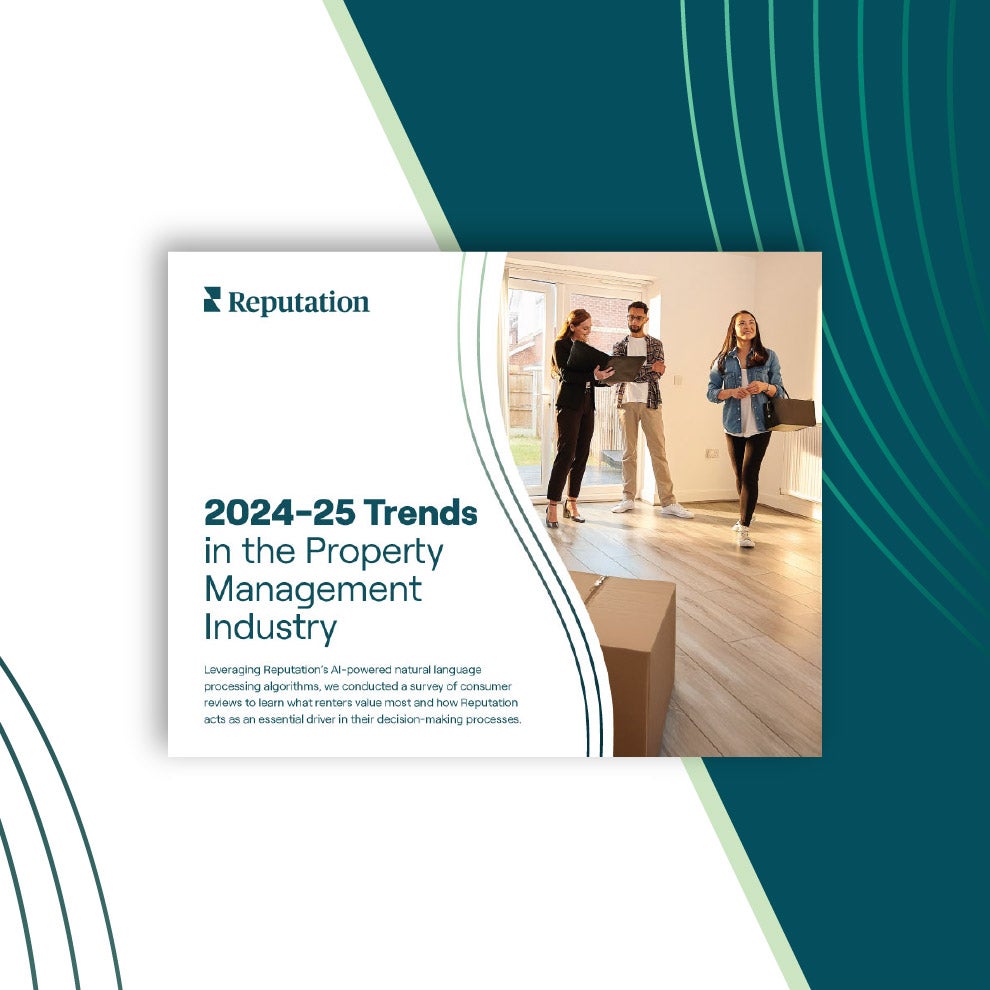Retailers: Want More Sales this Holiday Season? Focus on Your Reputation
Reputation Staff Writer
Reptuation.com data scientists analyzed 4.7 million customer reviews of retailers and learned that a high Reputation Score leads to a 3.9% impact on store sales.
The report, which details consumer sentiment about in-store experiences with different retail brands, covers nine key customer experience categories, including value, service, wait times, cleanliness and more. The data shows a direct correlation between a company’s Reputation Score and store sales. In fact, stores with a high score had an increase in sales of 2.8%, whereas stores with a low score saw a decrease in sales of 1.1%.
The delta — 3.9% — means Reputation Score could be more important than price points or inventory, when it comes to attracting and converting business.
What’s Your Reputation Score?
If you want to know how you stack up against your friends regarding how trustworthy you are to creditors, you compare credit scores. Your credit score is a value assigned to you based on many factors, such as how long you’ve had credit, how well you keep up with monthly payments, recent inquiries and number of creditors.
Reputation Score works in the same way — it’s derived from a patented algorithm that automatically collects and processes data relevant to multiple factors that help determine the health of your online reputation. Those factors include average star rating on review websites, review volume, review spread across general and industry-specific sites, review recency, review length, search impressions and accuracy of online listings.
The resulting Reputation Score is expressed as a number on a scale of zero to 1,000 points. For example, the best reputation for a U.S. automotive dealership is currently 889, while the industry average is 464. (No surprise — that dealership happens to use Reputation.com!)
Scores for 88 Retail Chains
To compile the report, our data scientists applied artificial intelligence, machine learning and sentiment analysis to unstructured text from 4.7 million online consumer reviews on Google and Facebook — all of which contained detailed in-store shopping experiences at nearly 30,000 locations owned by 88 retail chains. We didn’t cut corners — this year’s report includes big-box discounters, high-end boutiques, sports retailers, cosmetics stores, hardware merchants and a range of others. (You’ll recognize many of these chains — and you may even compete with them!)
We combined the review data with insights from social media and business listings to assign a Reputation Score to each retailer. The average score? It’s 538 on a scale of 1,000. Clearly, there’s room for improvement.
“The best way to fully understand on-site customer experience is to apply AI, natural language processing and machine learning to the vast cloud of unprompted, unstructured data on the social web,” said Dr. Brad Null, chief scientist for Reputation.com. “That generates a massive competitive advantage.”
A few retailers fared very well: Costco, The LEGO Store and Barnes & Noble consistently ranked high in a number of categories. Others didn’t fair quite as well, and may benefit from focusing on online reputation management best practices and strategies in 2019. Regardless of their current score, all retailers should continuously monitor and manage online reviews, and address emerging issues and problems to ensure a prosperous holiday shopping season.Interested in finding out where you rank among competing retailers? Read the full report here.
